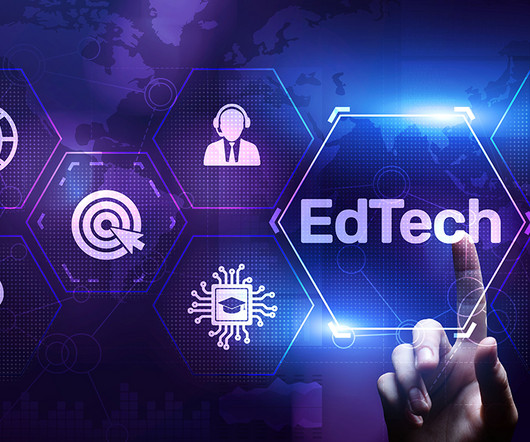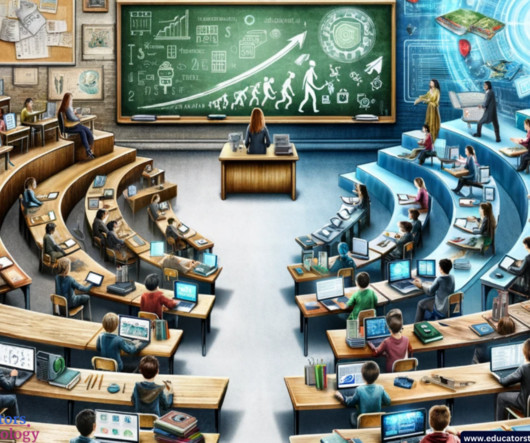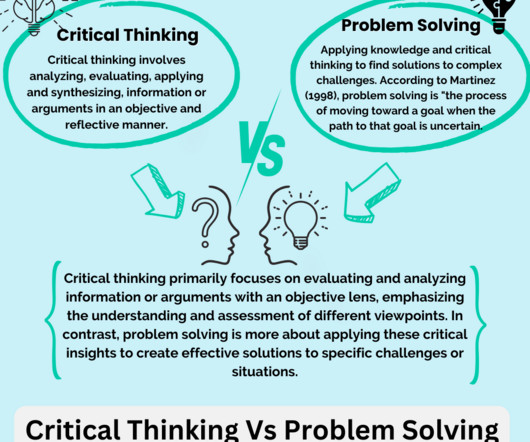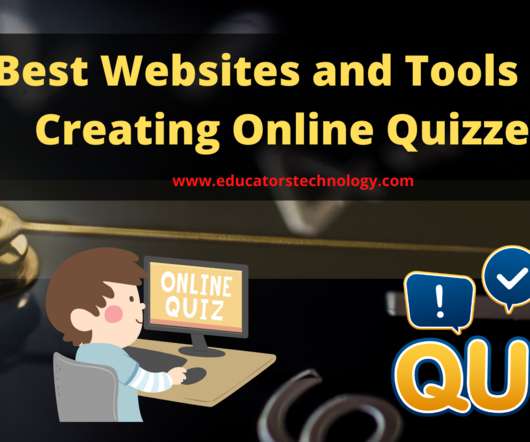How Can Technology Help Improve Teaching Efficacy in a Classroom?
Kitaboo on EdTech
DECEMBER 4, 2023
With EdTech gaining ground, educational institutions, including schools and higher education institutions are increasingly leveraging the advances in technology to support their classrooms. Thus, each student learns by trial and error, proceeding further up on the learning ladder only when they have fully mastered the rung below.















Let's personalize your content